Muslims around the globe are gearing up for the holy month of Ramadan, which begins after May 5 this year.Throughout the holiday, observers fast from sunrise to sunset and partake in nightly feasts, called breaking of fast in Nigeria.
Most of the world’s 1.6 billion Muslims will observe the Ramadan this year. This means there’s a good chance you might encounter someone — a friend, a co-worker, the lady making your lunch at the restaurant, your child’s teacher — who will be celebrating, fasting, and doing all sorts of other activities that are unique to the holy month.
But what is Ramadan, exactly? And how can I make sure I don’t accidentally offend my Muslim friends and acquaintances during Ramadan celebrations?
We’ve got you covered: Here are the most basic answers to the most basic questions about Ramadan.

What is Ramadan actually about?
Ramadan is the most sacred month of the year for Muslims — the Prophet Mohammed reportedly said, “When the month of Ramadan starts, the gates of heaven are opened and the gates of hell are closed and the devils are chained.”
Muslims believe it was during this month that God revealed the first verses of the Quran, Islam’s sacred text, to Mohammed, on a night known as “The Night of Power” (or Laylat al-Qadr in Arabic).
During the entire month of Ramadan, Muslims fast every day from dawn to sunset. It is meant to be a time of spiritual discipline — of deep contemplation of one’s relationship with God, extra prayer, increased charity and generosity, and intense study of the Quran.
But if that makes it sound super serious and boring, it’s really not. It’s a time of celebration and joy, to be spent with loved ones. At the end of Ramadan there’s a big three-day celebration called Eid al-Fitr, or the Festival of the Breaking of the Fast. It’s kind of like the Muslim version of Christmas, in the sense that it’s a religious holiday where everyone comes together for big meals with family and friends, exchanges presents, and generally has a lovely time.
Why do the dates of Ramadan change every year?
For religious matters, Muslims follow a lunar calendar — that is, one based on the phases of the moon — whose 12 months add up to approximately 354 days. That’s 11 days shorter than the 365 days of the standard Gregorian calendar. Therefore, the Islamic lunar calendar moves backward approximately 11 days each year in relation to the regular Gregorian calendar.
So that means that the first day of the month of Ramadan, which is the ninth month of the Islamic lunar calendar, moves backward by about 11 days each year.
Toward the end of the month, Muslims celebrate Laylat al-Qadr or “the Night of Power/Destiny” — a day observers believe Allah sent the Angel Gabriel to the Prophet Muhammad to reveal the Quran’s first verses.
On this night, which falls on one of the last 10 nights of Ramadan, Muslims practice intense worship as they pray for answers and seek forgiveness for any sins.
RAMADAN
To mark the end of Ramadan, determined by the sighting of the moon on the 29th, a 3-day celebration called Eid al-Fitr brings families and friends together in early morning prayers followed by picnics, feasts and fun.
If Muslims miss or invalidate their fast they must make up the missed fast days before the next Ramadan begins. The missed days can be made up any time during this period, on consecutive days or separately.
In some Muslim countries, failing to fast during Ramadan can bring civil penalties. For instance, in Saudi Arabia, where the Qur’an is considered a constitutional document, all people including foreigners and tourists of other faiths are required to fast when in public. In 2013, Saudi officials warned, “Those who are caught will be examined and will face legal action commensurate with their violation. Punishment could be a prison term or lashes or both while foreigners could, in addition, be deported from the kingdom.”











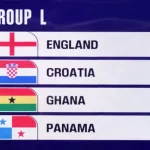







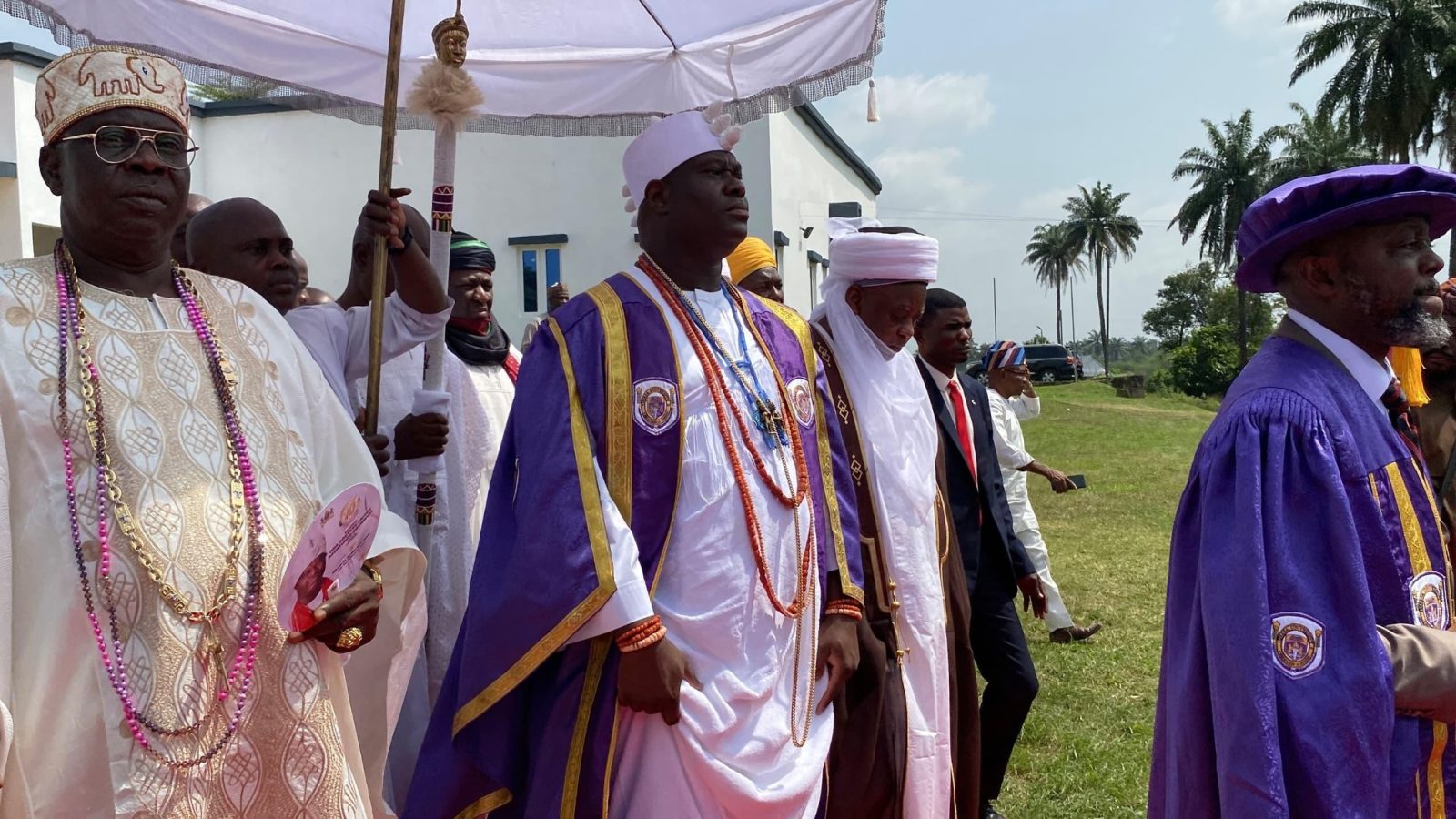
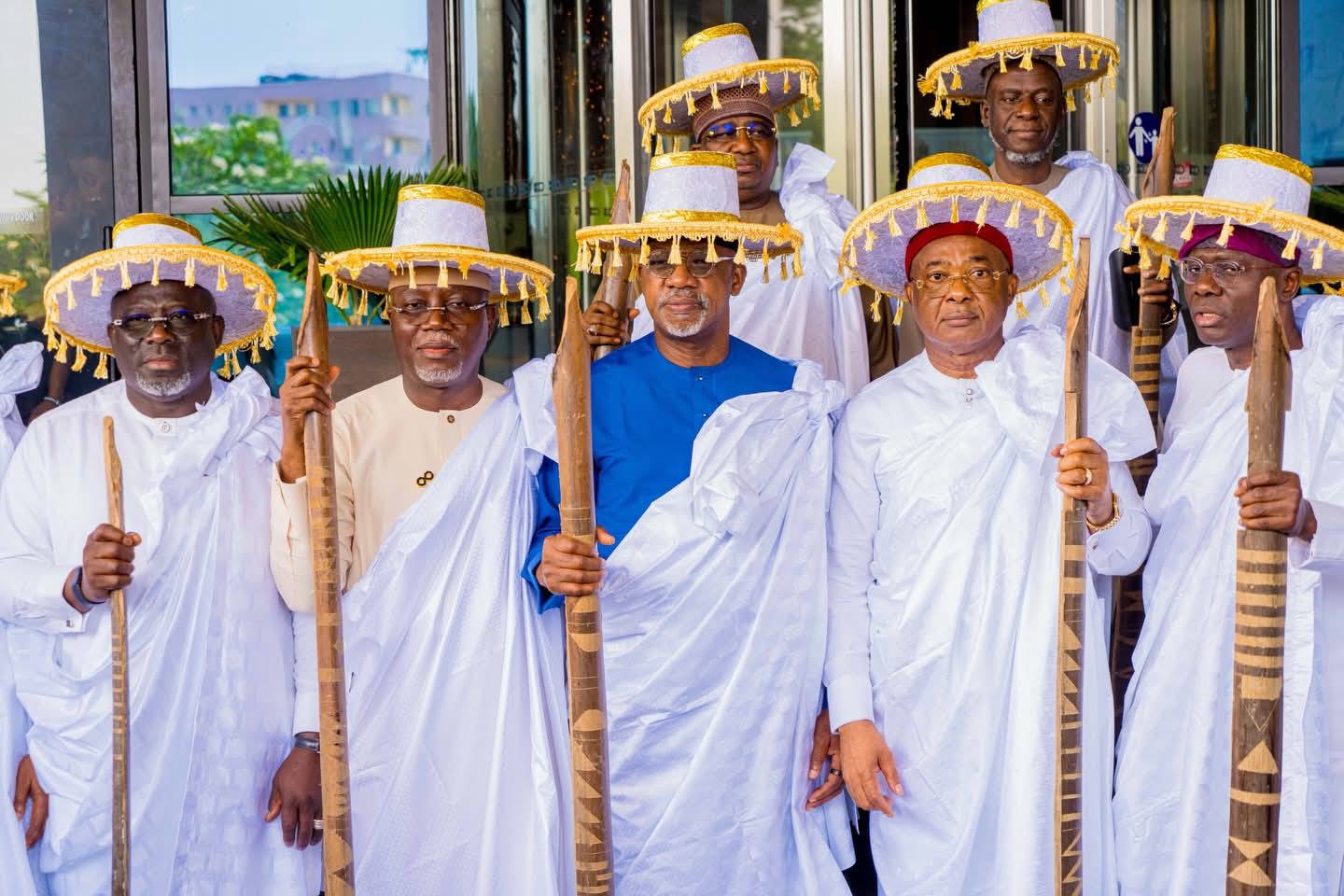






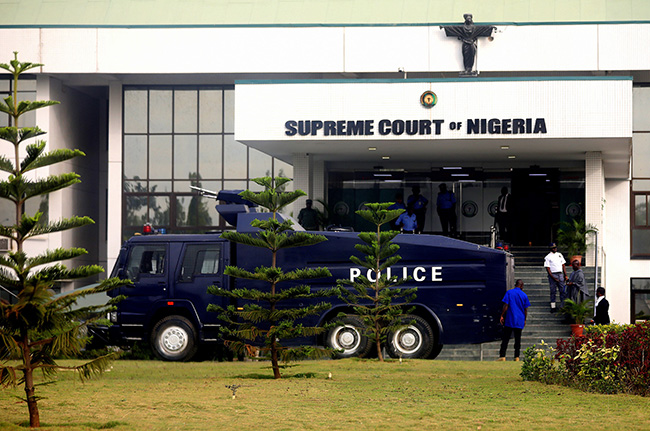
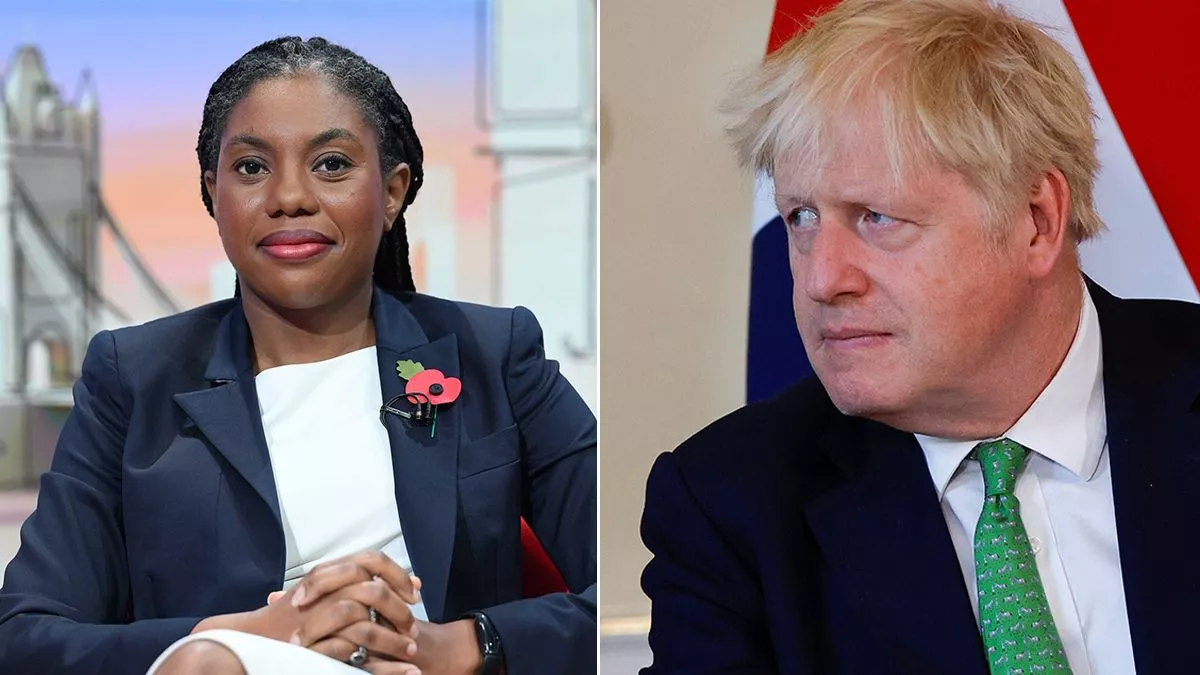
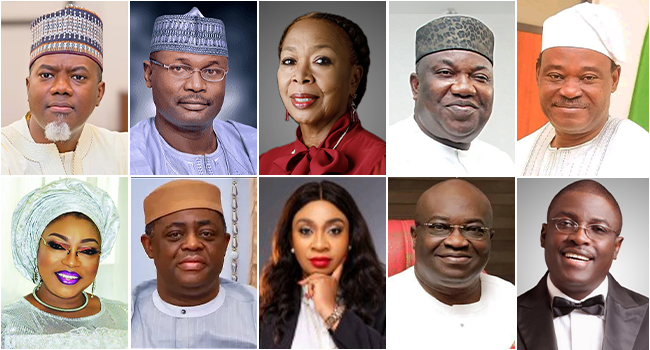


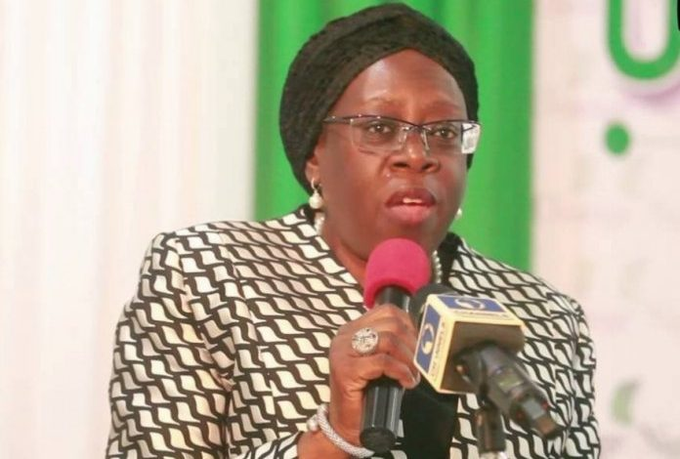





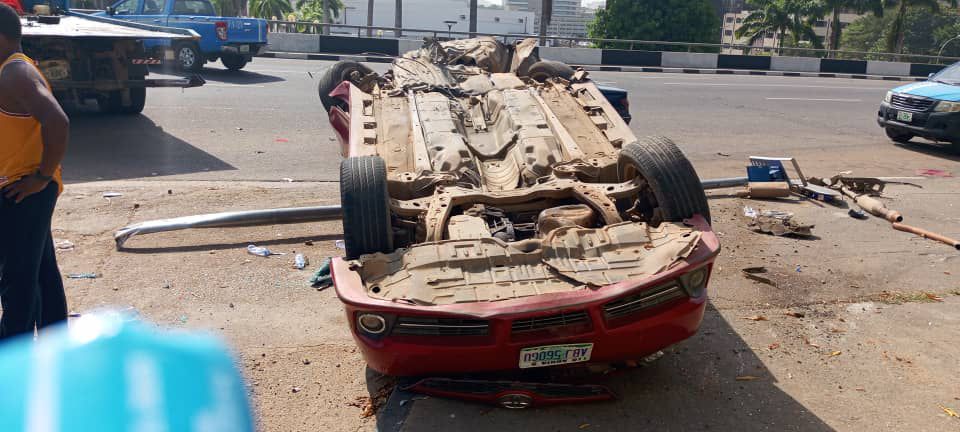
Leave a comment